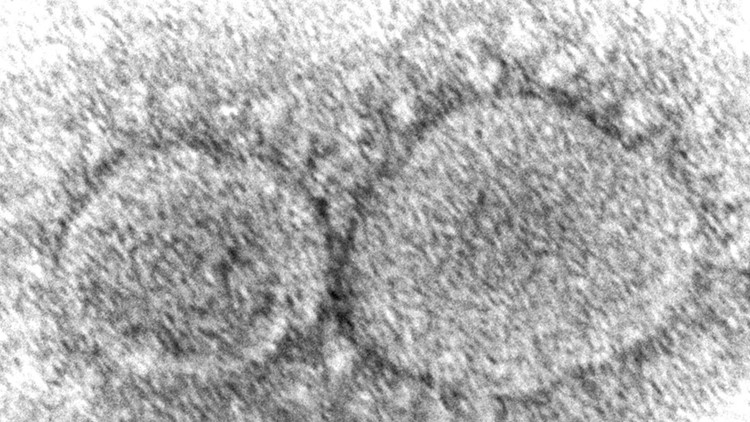BUFFALO, N.Y. — Researchers at the University at Buffalo have discovered new information about how host cells can block entry of the SARS-CoV-2, the virus that causes COVID-19.
The findings were found by virologists at the Jacobs School of Medicine and Biomedical Sciences at UB in Buffalo.
According to the research, the new findings show how cellular interactions between the virus and host, and how they could be utilized to find new treatment for SARS-CoV-2 and HIV.
“We are interested in understanding how host cells mount a defense against an invading viral pathogen,” said Spyridon Stavrou, PhD, assistant professor of microbiology and immunology in the Jacobs School and corresponding author on the paper.
The researchers looked at the host gene Serine Incorporator 5 (SERINC5), which is know to be an antiviral towards HVI-1. They say the gene also show similar activity against the SARS-CoV-2 virus and uses the same mechanism to block SARS-CoV-2 and HIV.
“We were stunned that SERINC5 also blocks SARS-CoV-2, as this factor was primarily known to restrict retroviruses,” said Uddhav Timilsina, PhD, a postdoctoral researcher in the Stavrou lab and the first author of this study.
“The most surprising thing we observed is that SERINC5 uses a conserved mechanism to restrict both HIV-1 and SARS-CoV-2, viruses that are quite different and are responsible for current pandemics,” said Stavrou. “This shows a bona fide host-pathogen struggle and emphasizes the importance of SERINC5 as an antiviral gene.”
The new findings will help researchers development treatment against COVID-19 and HIV.
You can read the full research on the University at Buffalo's website.



